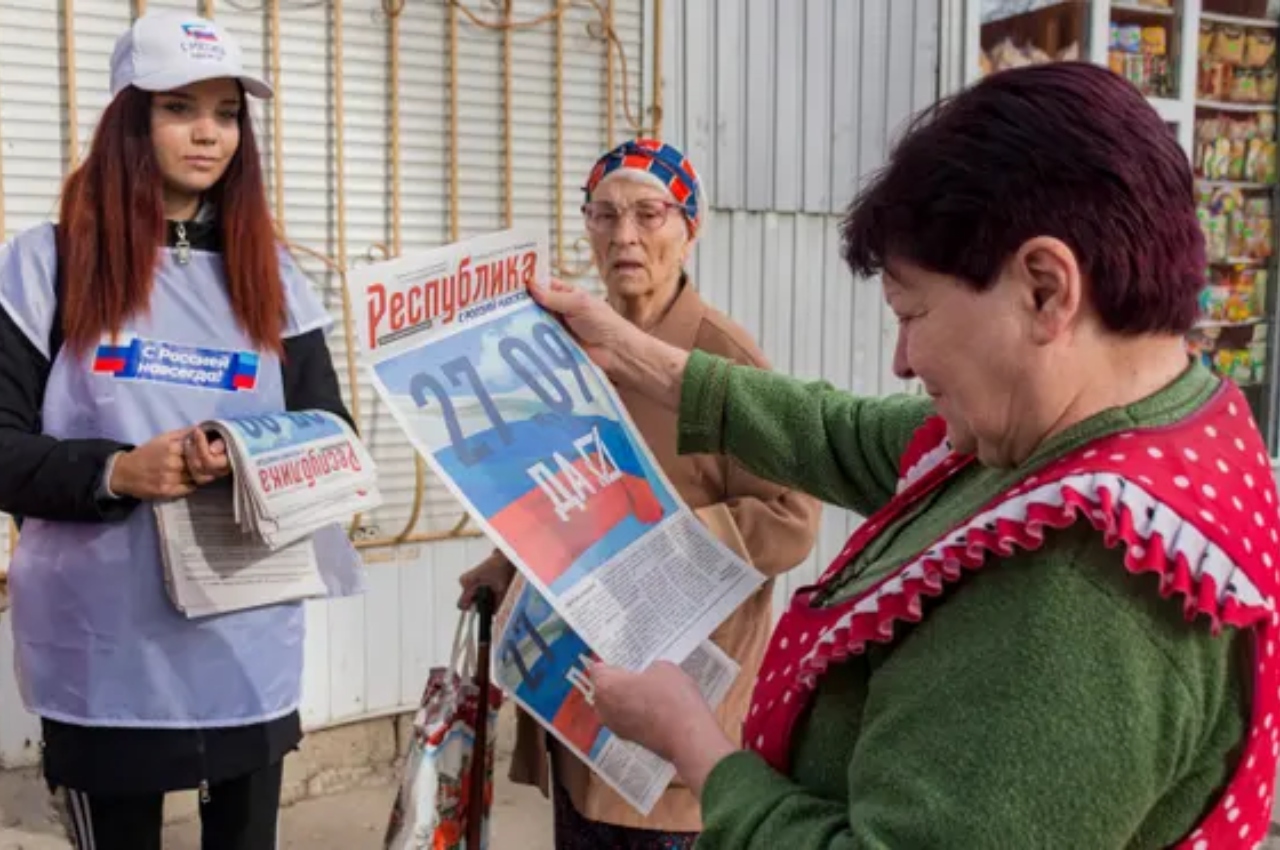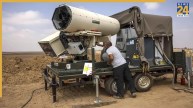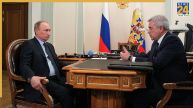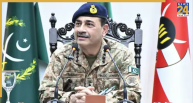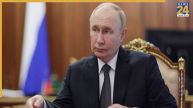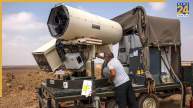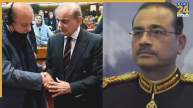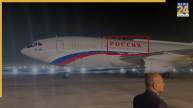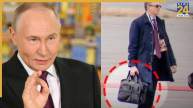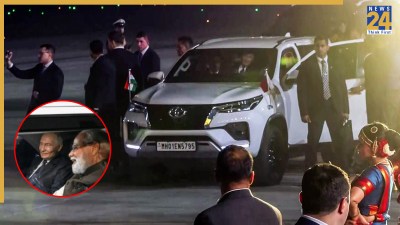New Delhi: Attempting to annex four Ukrainian districts that are currently under occupation, Russia began holding referendums on Friday. Kyiv and Western countries denounced the move and vowed not to recognise the results of the votes.
According to Ukrainian officials, armed gangs were breaking into homes, individuals were forbidden from leaving some seized locations until the four-day referendum was over, and employees were threatened with termination if they did not take part.
The voting and the mobilisation Russia initiated this week, particularly in Crimea and other regions of Ukraine held by Russia, were “unequivocally condemned” by the world, according to Ukrainian President Volodymyr Zelenskiy in a nightly speech.
“These are not just crimes against international law and Ukrainian law, these are crimes against specific people, against a nation,” Zelenskiy said.
After Ukraine launched a counteroffensive earlier this month and retook large portions of the northeast, the ballots on joining Russia were hurriedly organised.
The Kremlin looks to be attempting to retake the upper hand in the stalemate since its invasion on February 24 with the announcement this week of a military conscription to enlist 300,000 troops to fight in Ukraine.
Zelenskiy also spoke to those living in Russian-occupied areas of Ukraine, advising them to thwart any attempts to incite them to battle.
“Hide from Russian mobilisation in any way you can. Avoid draft orders. Try to move to the territory of free Ukraine,” he said, urging those who did end up in the Russian armed forces to “sabotage,” “interfere” and pass on intelligence to Ukraine.
By including the four regions, Moscow could characterise attempts to reclaim them as an attack on Russia itself, possibly using that to justify a nuclear response.
Nuclear weapons have been suggested by Putin and other Russian leaders as a last resort, which is horrifying in the context of a conflict that has already claimed tens of thousands of lives, dislocated millions, and devastated the world economy.
Voting was scheduled to take place from Friday to Tuesday in the eastern and southeastern regions of Luhansk, Donetsk, Kherson, and Zaporizhzhia, which make up around 15% of Ukrainian territory.
“Today, the best thing for the people of Kherson would be not to open their doors,” said Yuriy Sobolevsky, the displaced first deputy council chairman of Kherson region.
According to a local official quoted by Tass, the turnout on Friday was 23.6% in the Donetsk region. According to local election officials cited by the Russian news agency Interfax, more than 20.5% of eligible voters in the Zaporizhzhia region and 15% of those in the Kherson region participated in voting on Friday.
“In our view, that’s enough for the first day of voting,” the head of Kherson’s Russian-installed election commission, Marina Zakharova, was quoted as saying.
For citizens from those territories who now reside in Russia, voting locations were also set up in Moscow. At protests in Moscow and St. Petersburg in support of the referendums and the war effort, flag-waving government supporters were present.

